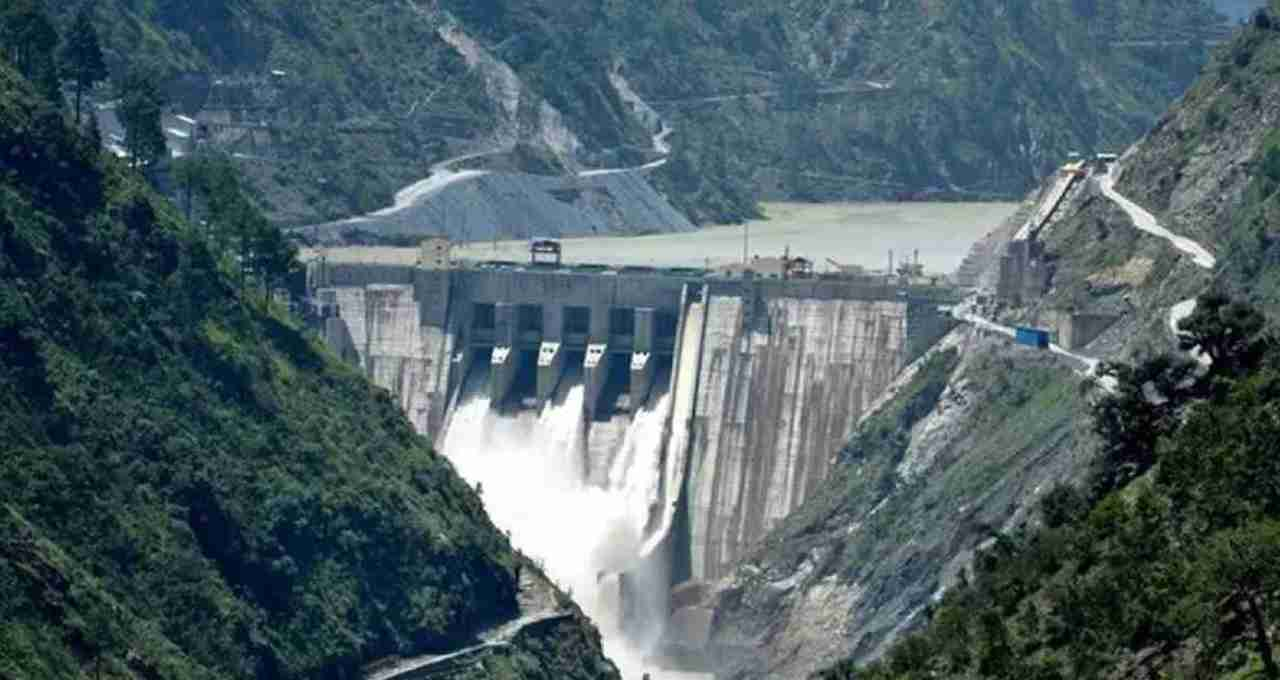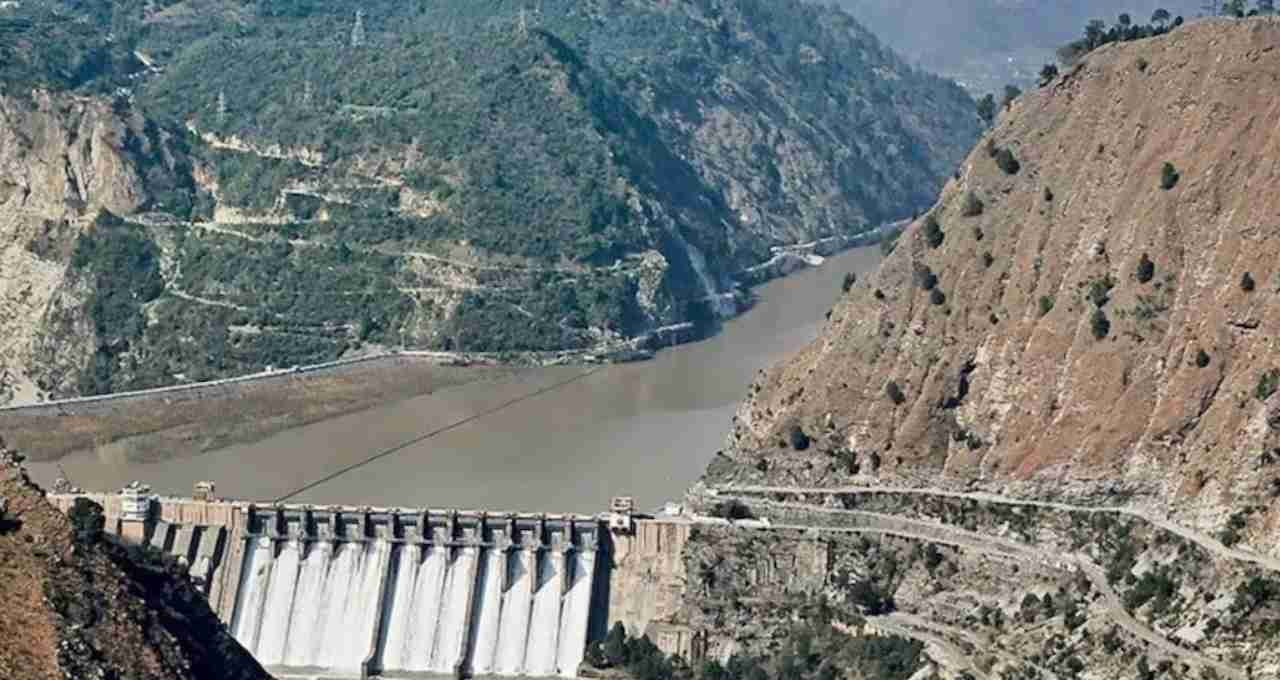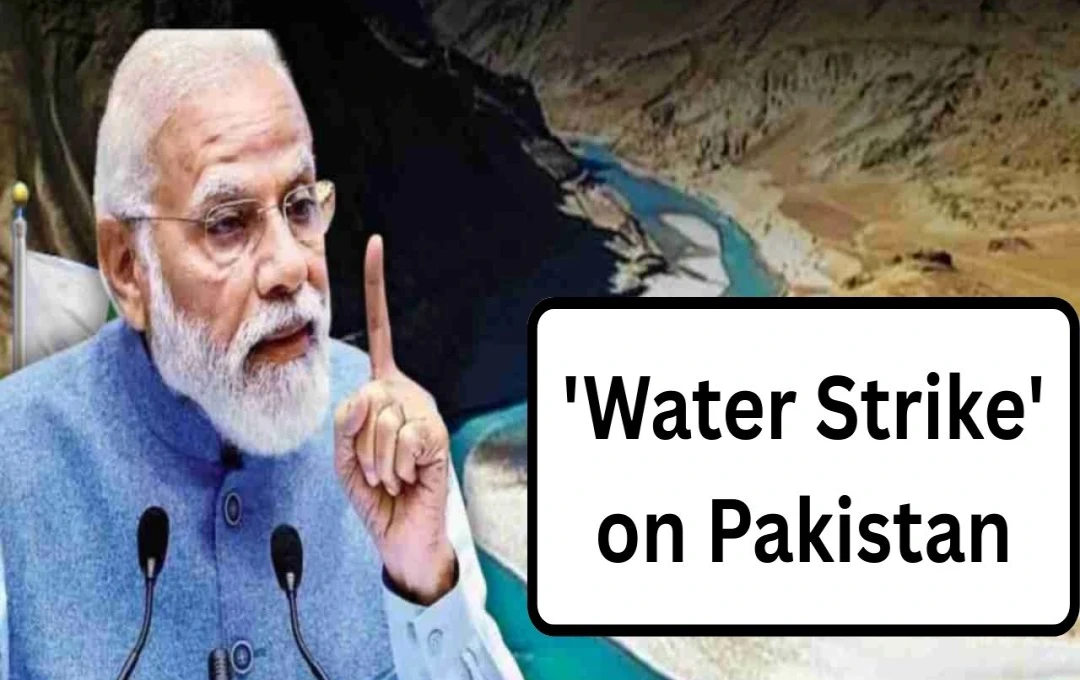Following the revocation of the Indus Waters Treaty, India has initiated numerous projects on the rivers of Jammu and Kashmir. Recently, the Baglihar Dam on the Chenab River was closed, and the NHPC is undertaking sand extraction from the dam.
New Delhi/Jammu and Kashmir: Since the revocation of the Indus Waters Treaty, India has transitioned into a proactive mode. More than half a dozen hydropower projects on major rivers in Jammu and Kashmir have been activated. Recently, the Baglihar Dam on the Chenab River was closed, and the state-owned company NHPC has commenced sand extraction from the reservoirs.
Indus Treaty Limits Removed

The 1960 Indus Waters Treaty restricted India's ability to impede the flow of the Indus, Chenab, and Jhelum rivers. However, following the Pulwama terrorist attack, India abrogated the treaty, gaining the right to construct and control these rivers. India is now implementing its water policy with renewed vigor.
Sand Extraction Commences
According to a Reuters report, NHPC began sand extraction from the reservoirs on Thursday. This process is deemed crucial for enhancing the water retention capacity of the dams and maintaining stable power generation. This also suggests India's plan for long-term water storage and utilization.
Pakistan's Displeasure

Pakistan views this development with grave concern. The release of excess water from the Baglihar and Salal dams has resulted in flood-like conditions in several parts of Pakistan. According to local residents, the dams were emptied between Thursday and Saturday, leading to a rapid release of water.
Rapidly Expanding Projects in Kashmir
India is now pursuing an aggressive hydropower policy in Jammu and Kashmir. Previously, Pakistan's consent was necessary for dam construction or water storage; however, India is now undertaking construction independently. This will strengthen both power generation and water security.














